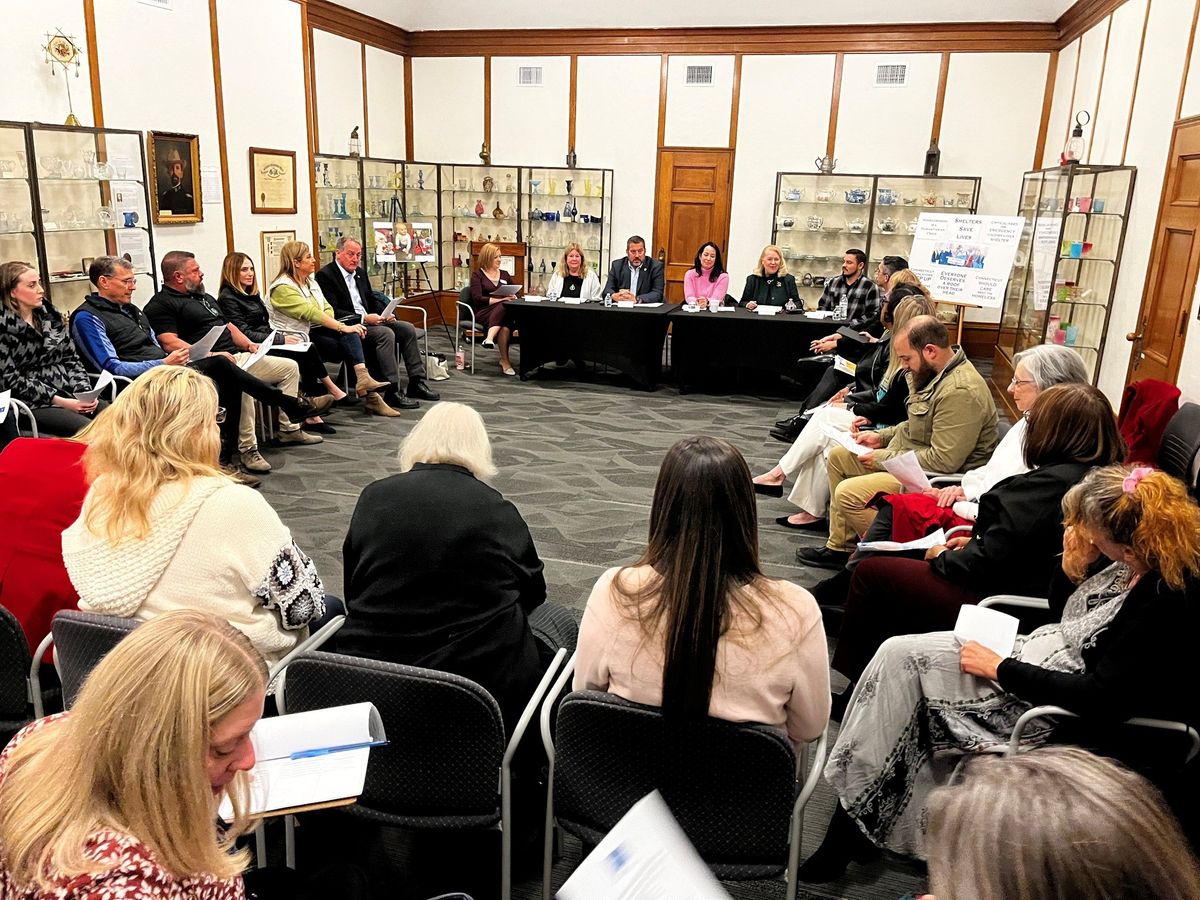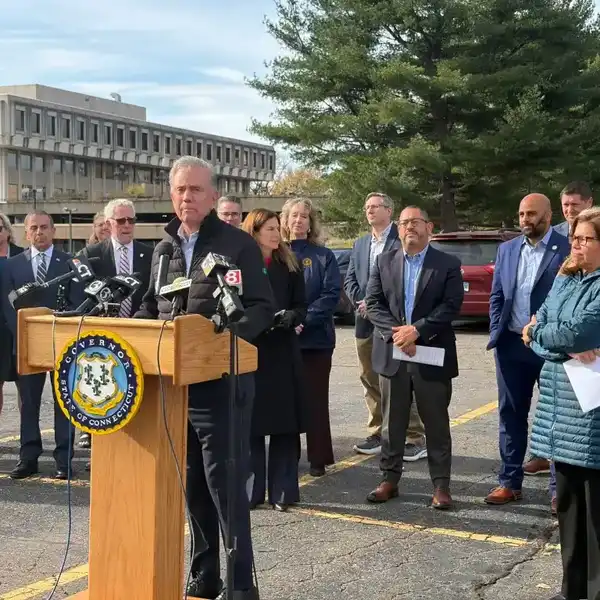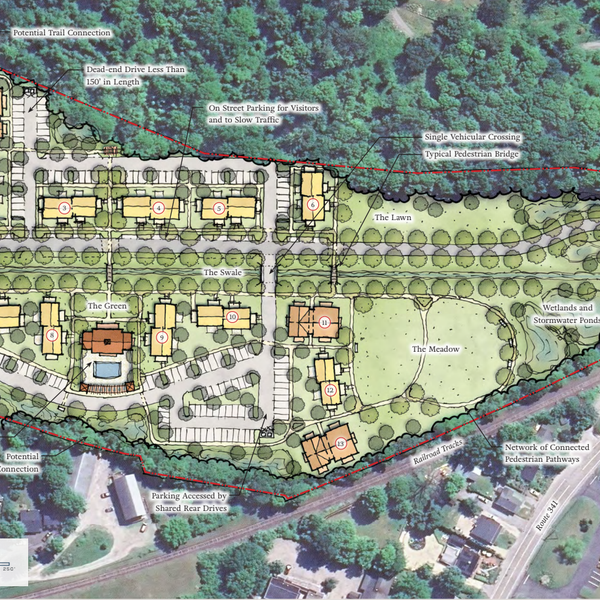Coalition of advocates, kindness of neighbors give hope to the homeless

Citing a “pending humanitarian crisis,” state and local advocates for the homeless in Northwest Connecticut gathered Nov. 10 to discuss homelessness response programs to support urgent funding for cold weather emergency winter shelters and to address chronic underfunding of the frontline for nonprofit shelters and response programs.
Photo contributed
 Pete Rourke, 61, is shown here at the flagpole recently dedicated to veterans outside the FISH NWCT shelter, where he has been staying since Sept. 20. With the help of a network of social services, Rourke, an Air Force veteran, recently signed a lease for a studio apartment.Photo by Debra A. Aleksinas
Pete Rourke, 61, is shown here at the flagpole recently dedicated to veterans outside the FISH NWCT shelter, where he has been staying since Sept. 20. With the help of a network of social services, Rourke, an Air Force veteran, recently signed a lease for a studio apartment.Photo by Debra A. Aleksinas Individuals, businesses and organizations from throughout the Northwest Corner donated warm-weather clothing to a recent coat drive for the homeless and low-income families, which drew about 600 people who arrived two hours before the giveaway and stretched around the corner for several hours, said shelter officials.Photo contributed
Individuals, businesses and organizations from throughout the Northwest Corner donated warm-weather clothing to a recent coat drive for the homeless and low-income families, which drew about 600 people who arrived two hours before the giveaway and stretched around the corner for several hours, said shelter officials.Photo contributed









 lakevillejournal.com
lakevillejournal.com 




 Visitors consider Norman Rockwell’s paintings on Civil Rights for Look Magazine, “New Kids in the Neighborhood” (1967) and “The Problem We All Live With” (1963.) L. Tomaino
Visitors consider Norman Rockwell’s paintings on Civil Rights for Look Magazine, “New Kids in the Neighborhood” (1967) and “The Problem We All Live With” (1963.) L. Tomaino




